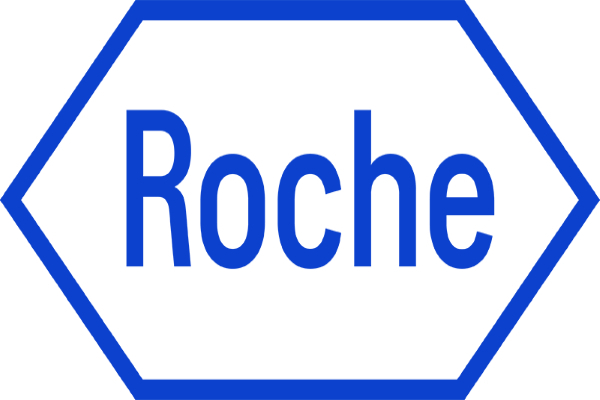Prasinezumab is a potential first-in-class anti-alpha-synuclein antibody, targeting a known biological driver of Parkinson’s disease progression

Roche announced its decision to proceed with Phase III development of prasinezumab, an investigational anti-alpha-synuclein antibody, in early-stage Parkinson’s disease. This decision is informed by data from the Phase IIb PADOVA study and ongoing open-label extensions (OLEs) of PADOVA and Phase II PASADENA studies.
"We are encouraged by the efficacy signals observed across the two phase II trials and their open-label extensions, combined with the favourable safety and tolerability profile of prasinezumab," said Levi Garraway, M.D., Ph.D., Chief Medical Officer and Head of Global Product Development at Roche. "We also recognise the substantial need for new treatment options, and the totality of data suggest that prasinezumab may have the potential to become the first disease-modifying treatment for people with Parkinson’s disease."
Multiple endpoints from the PADOVA and OLE studies suggest a potential clinical benefit of prasinezumab when added to effective symptomatic treatment in early-stage Parkinson’s disease. Prasinezumab showed potential clinical efficacy in the primary endpoint of time to confirmed motor progression, although missed statistical significance. Positive trends towards reduced motor progression at 104 weeks (two years) were observed; these effects appear to be sustained over longer treatment periods based on additional OLE data. The PADOVA study also provided the first biomarker evidence of prasinezumab impacting the underlying disease biology.
The PASADENA and PADOVA OLE studies, which are evaluating the long-term safety and efficacy of prasinezumab in over 750 people with early-stage Parkinson’s disease, are ongoing.

Subscribe To Our Newsletter & Stay Updated